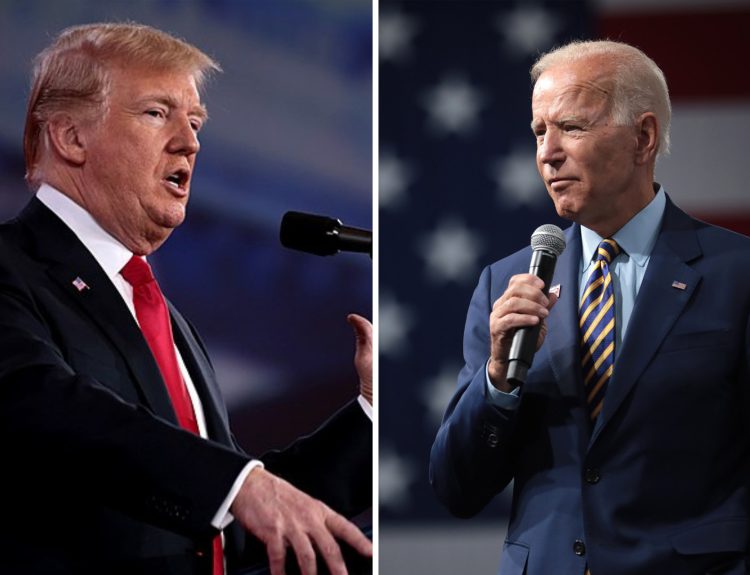Los Angeles Mayor Karen Bass’ new plan to end homelessness by tapping into the “humanity and generosity” of the city’s wealthy residents and business leaders is showing early signs of promise.
Supporters argue Bass’ LA4LA initiative, which seeks private donations to fund housing purchases for the homeless, could finally make progress on an issue that has long plagued the city. While some remain skeptical that appealing to the rich alone will solve the crisis, local philanthropists seem eager to help.
Bass Unveils Ambitious LA4LA Program to Address Homelessness
Mayor Bass called upon Los Angeles’ wealthiest residents and business leaders to donate funds to help purchase housing for the city’s homeless population.

Her new initiative, called LA4LA, aims to acquire properties faster and lower the cost of developing affordable housing.
Skeptics Wonder If It’s Enough
Some are uncertain whether philanthropy alone can fix LA’s homelessness issue, given its massive scale.
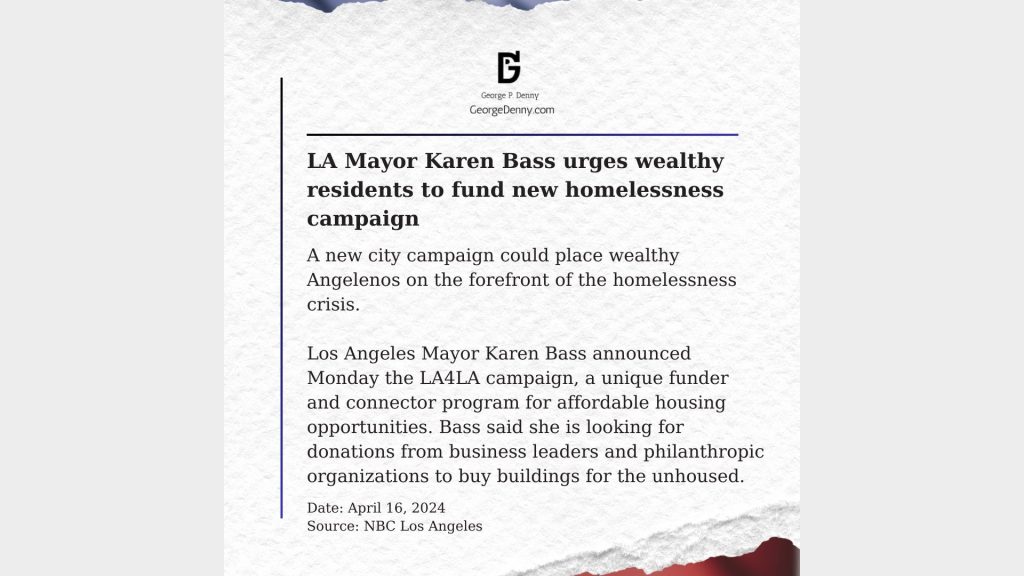
However, others argue that taxpayers are reluctant to spend more on what seems like a problem with little progress. LA4LA has already raised $10 million, showing signs of promise.
Business Leaders and Philanthropists Express Hope
Several business leaders and philanthropists have expressed optimism about LA4LA’s potential. Donna Bojarsky, co-founder of a nonprofit promoting civic engagement, said people seem “a little less cynical” about this effort.

Jeffrey Katzenberg, former Disney CEO, donated $300,000, saying “philanthropy” can provide housing for those in need “now.” Douglas Guthrie, CEO of the Housing Authority of the City of Los Angeles, said wealthy Angelenos want to help, but they need guidance on how.
A Crisis Impacting Everyone
Bass emphasized that homelessness harms the whole city by driving away businesses, costing taxpayer money, and creating unsafe conditions.
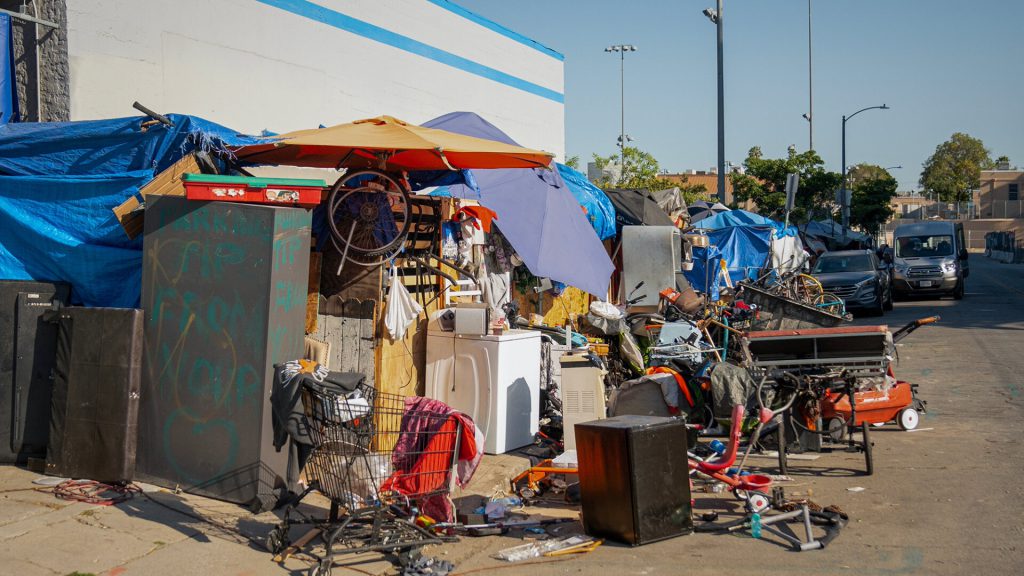
LA4LA aims to curb these negative impacts through partnership and innovation. While still in its early stages, the program signals a new approach that could make a real difference if given the chance.
Inside Safe Program Highlighted as Model for Future Efforts
Mayor Bass’ signature Inside Safe program provides temporary housing for LA’s homeless population. According to Bass, the program has already moved over 21,000 homeless individuals into shelters.
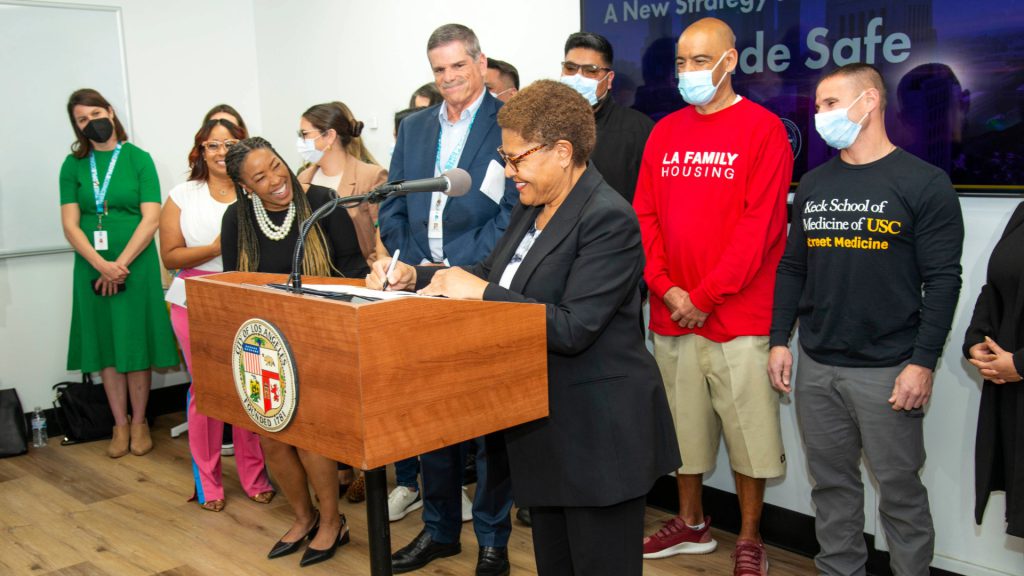
She believes this model of providing temporary housing before transitioning people into more permanent homes will be key to solving the broader homelessness crisis.
A Successful Model
The Inside Safe program has proven successful in getting homeless individuals off the streets and into stable housing, even if only temporarily.
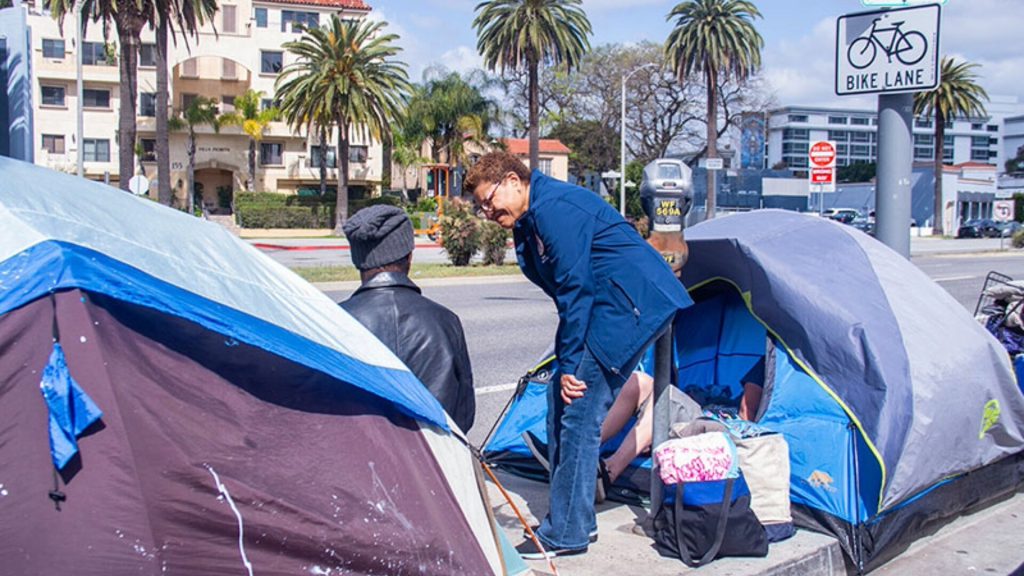
This model of providing temporary shelter acts as a stepping stone, giving homeless people a safe place to stay while more permanent housing solutions are developed.
Building on Success
Bass aims to build on the success of Inside Safe through her new LA4LA initiative. LA4LA calls on private donors, especially wealthy Angelenos, to help fund the acquisition of properties to house the homeless.
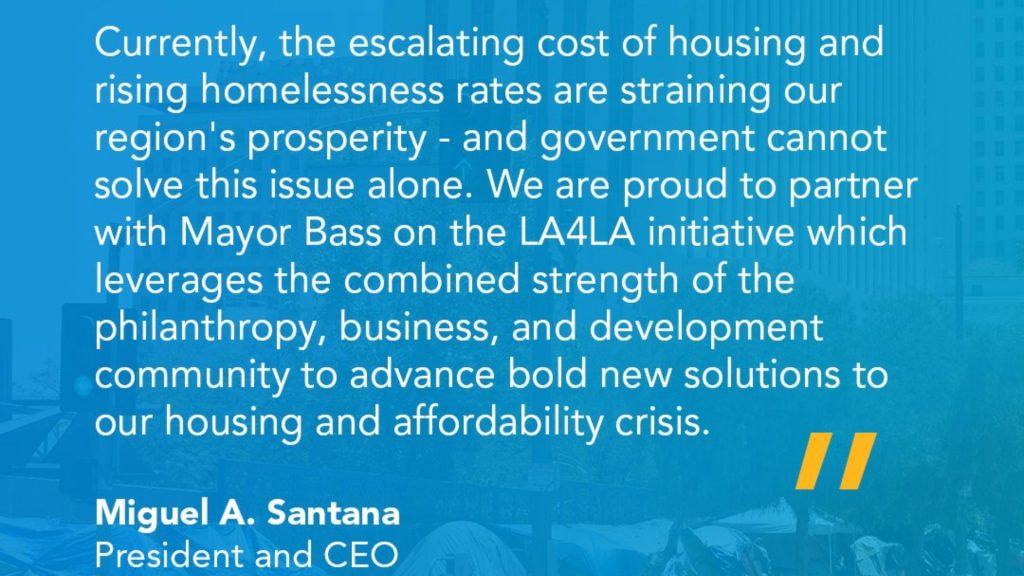
The funding from LA4LA will allow the city to provide temporary housing similar to Inside Safe but on an even larger scale. The ultimate goal is to use these funds to help homeless individuals transition from temporary to permanent housing.
Private Efforts Might Not Even Make a Dent in Homeless Situation
Some critics point out that previous efforts relying on private donations have failed to make a substantial dent in LA’s homelessness problem, which has only grown in recent years.
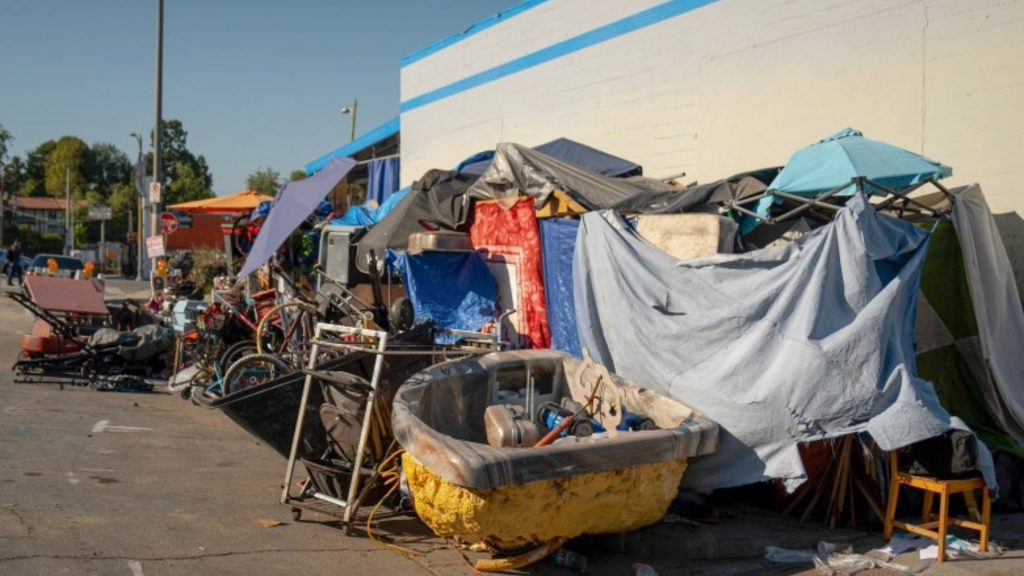
They say the initiative risks giving wealthy donors too much influence over how funds are allocated without guaranteeing sustainable results.
Homelessness Root Causes Need To Be Addressed First
Many argue that the root causes of homelessness, like lack of affordable housing, healthcare, job opportunities, and poverty, are too deeply entrenched for any single initiative to overcome alone.
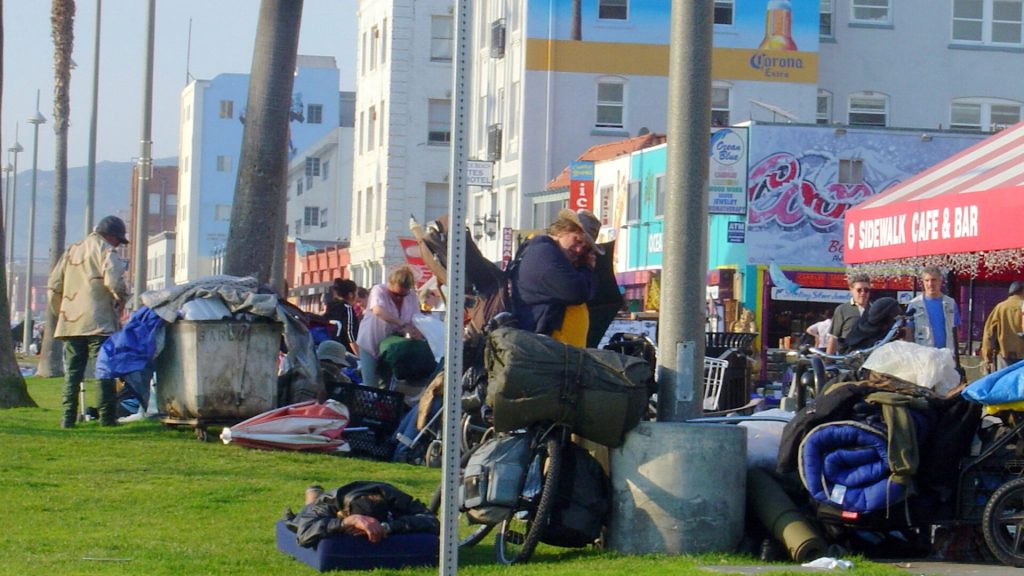
While Bass’s Inside Safe program has provided temporary shelter for over 21,000 homeless individuals, securing long-term housing solutions at the scale needed remains an immense challenge.
Early Fundraising Success for LA4LA Initiative
Mayor Bass’s new initiative has already raised over $10 million, showing early signs of success. LA4LA relies on the generosity of LA’s wealthiest residents and business leaders to help purchase properties for temporary and permanent housing units.
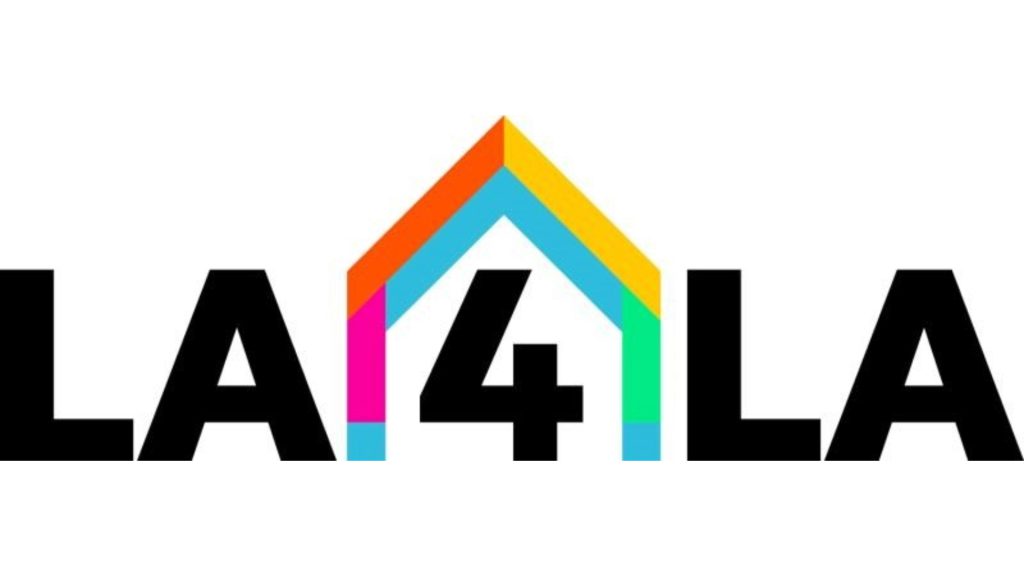
Bass argues that while taxpayers are wary of spending more on homelessness without results, philanthropists want to help and need avenues to do so. The initiative provides that avenue.
Flexibility of Philanthropy Seen as Key to Program’s Potential
LA4LA’s model of relying on significant private donations gives it an advantage in acquiring and converting properties into homeless housing at a rapid pace.
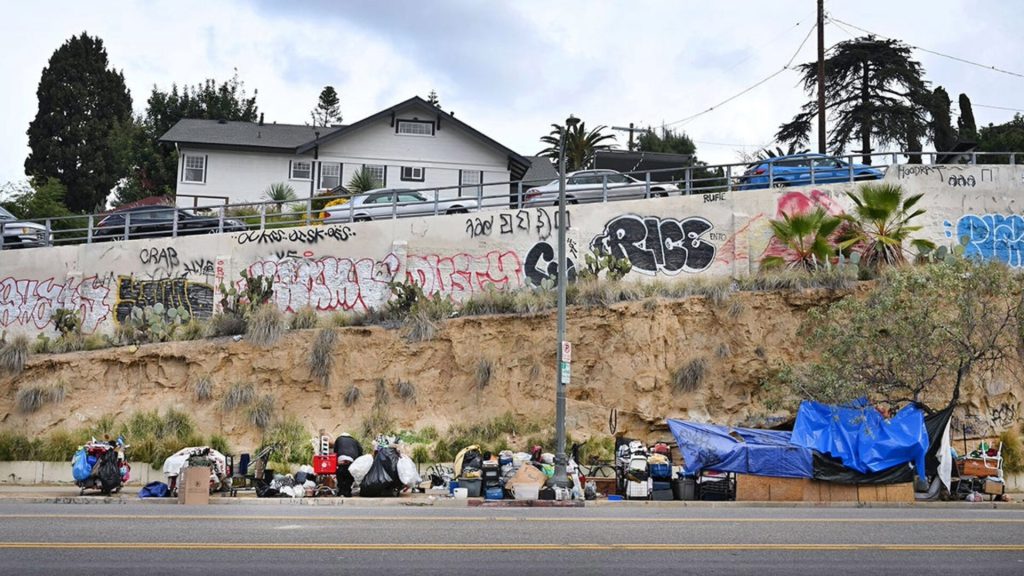
As Katzenberg pointed out, philanthropy provides flexibility and speed, which the lumbering gears of government often lack.
Access To Entrepreneurial Forces To Solve Homelessness
Private Sector Energy and Innovation Business leaders and philanthropists also bring an entrepreneurial spirit that can generate innovative solutions.
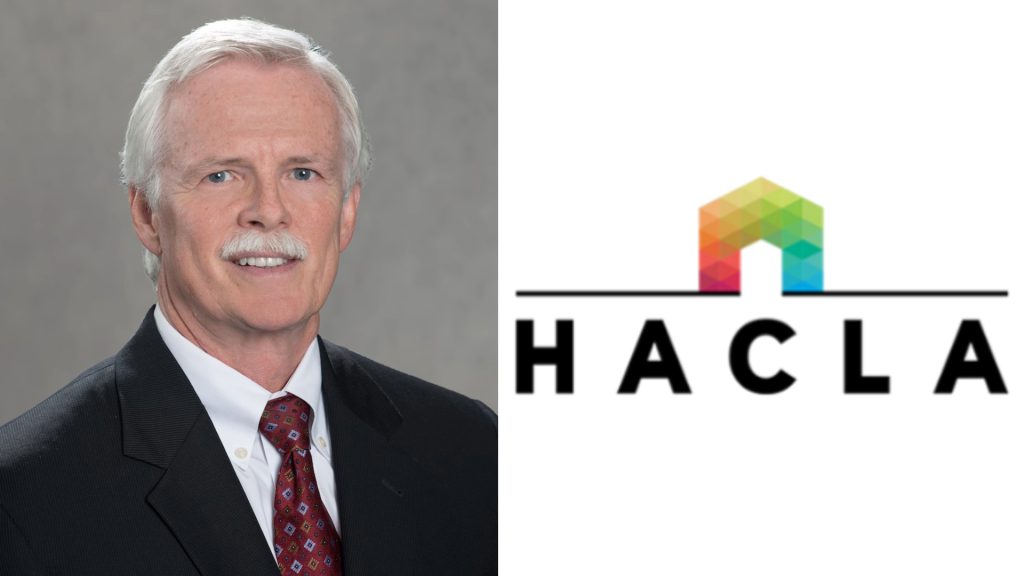
As Guthrie noted, wealthy Angelenos want to help solve the crisis but need guidance on how best to do so. LA4LA provides that direction and a mechanism for targeted action.
An Opportunity To Build Public-Private Partnership
Bass’ strategy of engaging both the public and private sectors is key to establishing sustainable solutions. While LA4LA taps into the “flexibility of philanthropy” to get efforts off the ground, government support and funding will still be required for large-scale, long-term programs.

By demonstrating that progress can be made through cooperation, LA4LA aims to build trust between groups and motivate further collaborative action.
Homelessness is an Issue That Needs All Hands On Deck
There is no doubt that homelessness is a complex issue plaguing Los Angeles, but Mayor Bass’ innovative public-private partnership might be the lifeline the city needs.
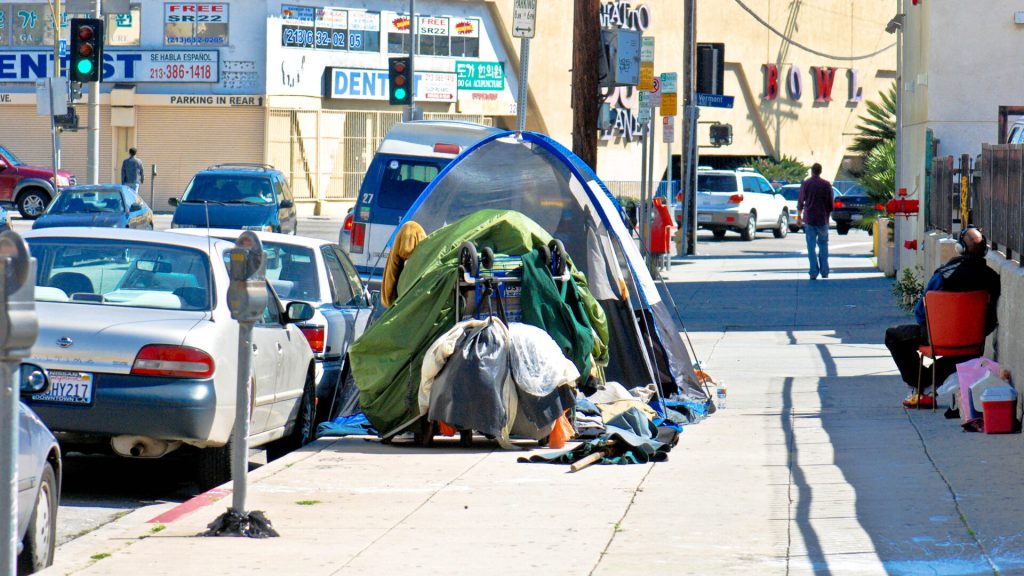
The willingness to disrupt the status quo and collaborate across sectors gives hope that sustainable solutions can be implemented at scale.




